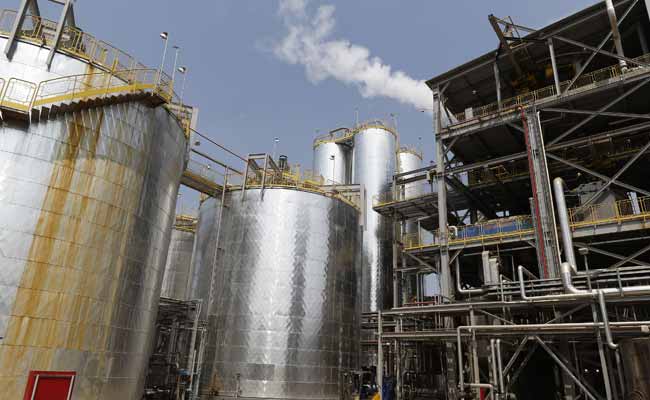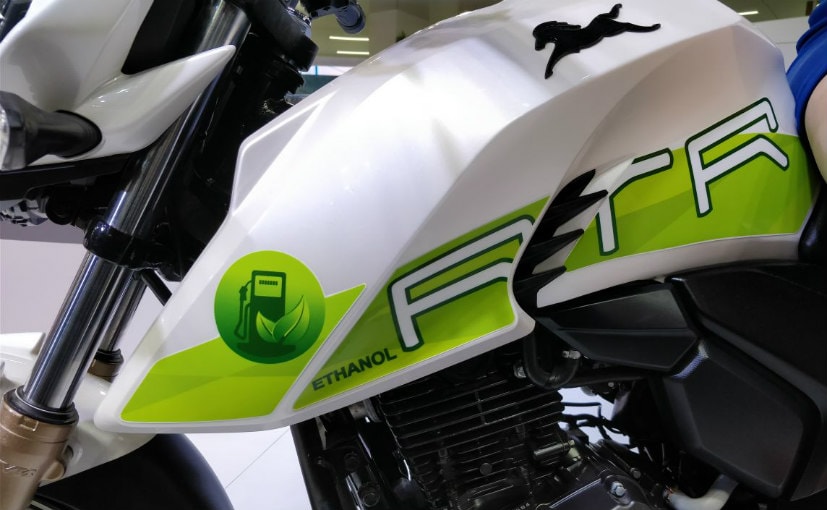
If you have been tracking/following the rise of petrol and diesel in India, you would know that prices of both fuels are at an all-time high. In fact, there are close to 15 cities in India where petrol prices have breached the Rs. 100 mark. In Mumbai, the financial hub of India, petrol is priced at Rs. 101.76 on June 9, 2021. On the same day, the district of Sri Ganganagar in Rajasthan saw petrol price of Rs. 106.64 per litre. The fluctuating (mostly going upwards) prices of fuel in India are making lives difficult for the average Indian and it makes sense to explore alternative fuel sources such as CNG, bio-fuels and of course electrification or electric vehicles. While most of us have a fair idea of the advantages and challenges that come with electrification, the use of biofuels like Ethanol are yet to be fully explored or adapted. So let's take a look at the advantages and disadvantages of Ethanol as a fuel option.
Also Read: TVS Launches Ethanol Powered Apache RTR 200

(The TVS Apache RTR 200 Fi E100, was showcased for the first time at the 2018 Auto Expo)

(Ethanol is cleaner with less harmful emissions and also reduces dependency on fossil fuels)
Also Read: Government Plans To Promote Ethanol And Other Alternative Fuels

(Adopting Ethanol as a mainstream fuel may require a consistent and a long term plan of action)

(Ethanol is yet to be commercially available, and the TVS Apache RTR 200 Fi E100 is the only two-wheeler which runs on 100 per cent Ethanol)
Sure, promoting Ethanol as a viable fuel type may help India to reduce her dependency on foreign oil but on the other hand, that requires a consistent and a long term plan of action. It may be wiser to focus more on electrification keeping the future mobility needs in mind.
















